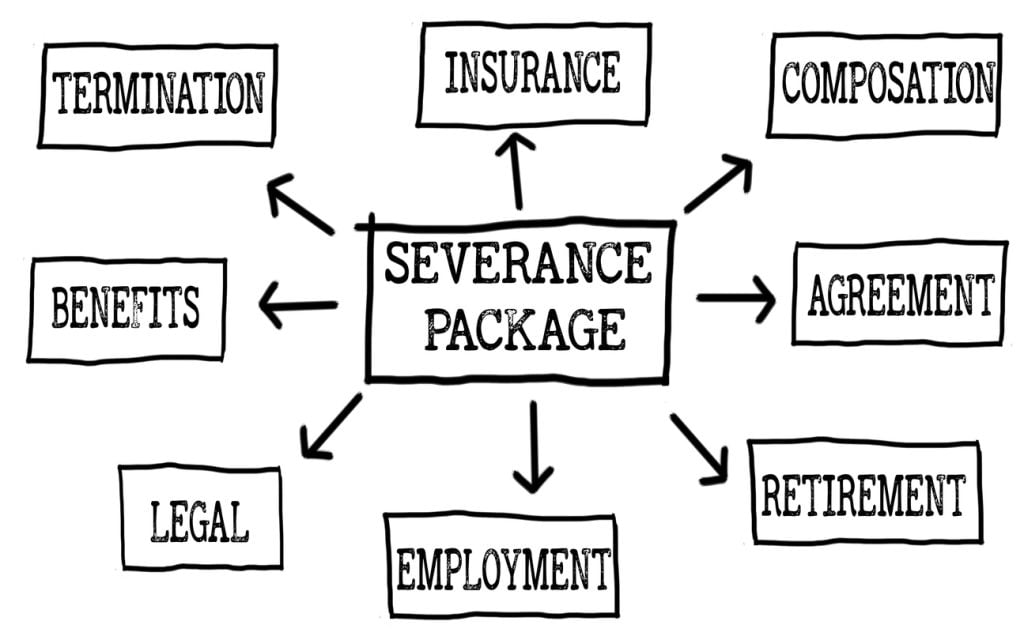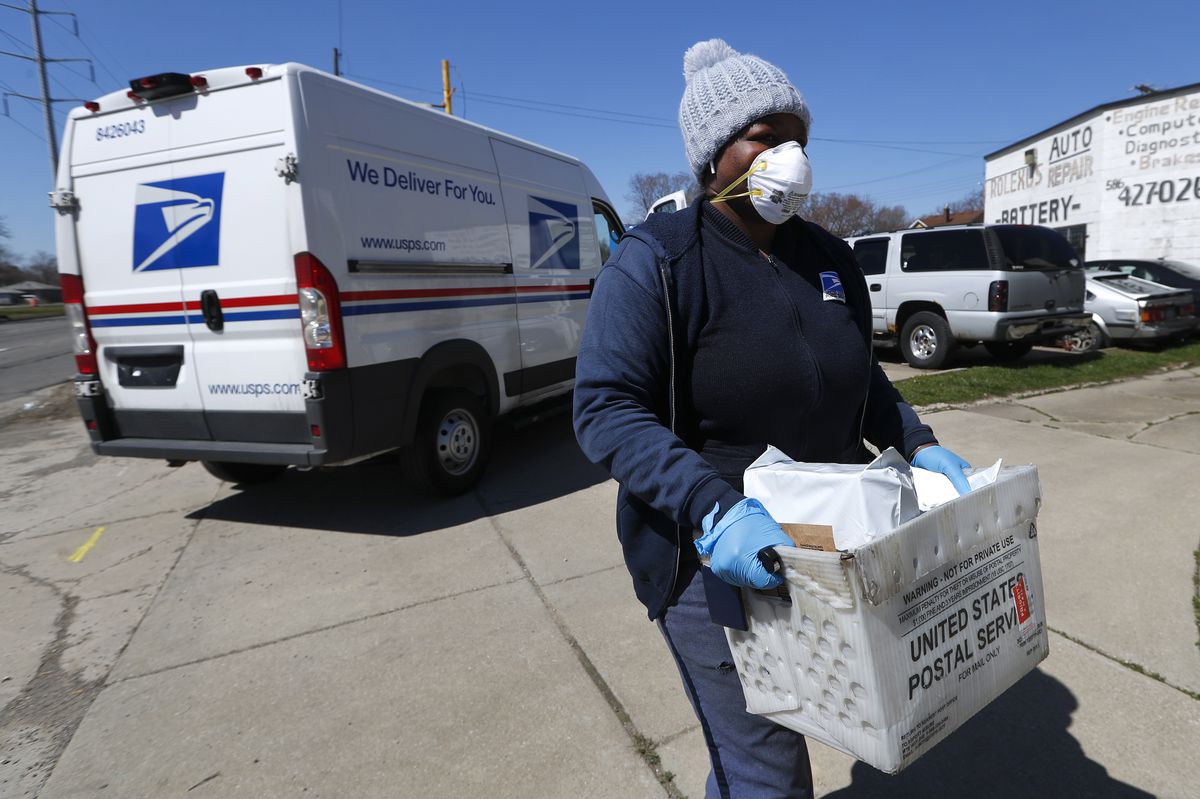

How to Keep Your Job if You Catch Coronavirus

 As US coronavirus cases reach 550,000, more and more Americans have to ask their employer for time off when they start experiencing Coronavirus symptoms or must care for a sick family member. If you have a moderate to a severe case of Coronavirus, you may have difficulty even working remotely as the virus can cause extreme fatigue, fever, and shortness of breath. Therefore, it’s important to know your basic rights and approach your employer quickly and professionally when you begin showing signs of COVID-19 symptoms. Following the steps below will increase your likelihood of keeping your job and maintaining a good relationship with your employer in these difficult times.
As US coronavirus cases reach 550,000, more and more Americans have to ask their employer for time off when they start experiencing Coronavirus symptoms or must care for a sick family member. If you have a moderate to a severe case of Coronavirus, you may have difficulty even working remotely as the virus can cause extreme fatigue, fever, and shortness of breath. Therefore, it’s important to know your basic rights and approach your employer quickly and professionally when you begin showing signs of COVID-19 symptoms. Following the steps below will increase your likelihood of keeping your job and maintaining a good relationship with your employer in these difficult times.
Tell Your Employer if You Experience Coronavirus Symptoms
If you are an essential worker, you should tell your employer if you start experiencing Coronavirus symptoms (fever, cough, fatigue, shortness of breath, etc.) immediately. Waiting to tell your employer for fear of the repercussions could put your colleagues at risk and hurt your credibility. If you are a remote worker, you should still notify your employer as soon as you start experiencing Coronavirus symptoms. Your manager will likely notice your lower level of productivity right away, so hiding your illness could signal that you aren’t trustworthy. In either case, if your employer fires you for missing work or poor productivity and you did not tell them you were sick, the law will not protect you.
Know Your Rights
Your employer is obligated to offer you sick leave if you qualify for one of three different programs. First, the Family Medical Leave Act (FMLA) guarantees some employees up to twelve weeks of unpaid and job-protected leave per year if they fall ill or must care for a sick family member. You are entitled to FMLA if your company employs more than 50 workers and you have worked for them for at least 12 months. Second, the American with Disabilities Act compels employers to make a “reasonable accommodation” of leave for ill or disabled workers so long as they are not a direct threat to the workplace and do not cause “undue hardship” on the company. An example of reasonable accommodation is providing additional unpaid leave for medical treatment or recovery. This law could protect COVID-19 victims regardless of how long they have worked for their employer, but their company must have at least 15 employees. If you need sick leave, make sure to ask your company for a “reasonable accommodation” as this is a specific legal term that employers recognize and it indicates that you know your rights.
Finally, many Americans are eligible for two weeks of paid sick leave under the Families First Coronavirus Response Act (FFCRA) which passed on March 18th. This act only covers individuals whose employers have fewer than 500 workers. According to the FFCRA, your employer cannot “discharge, discipline, or discriminate” against you if you take advantage of the act’s paid leave, so don’t be afraid to use it!
Seek Legal Assistance
If your employer has retaliated against you for requesting sick leave, seek legal assistance today. The Working Solutions Law Firm, located in New York City, can assist you. Contact us today at (646) 430-7930 to schedule a free case evaluation and receive experienced legal counsel.


